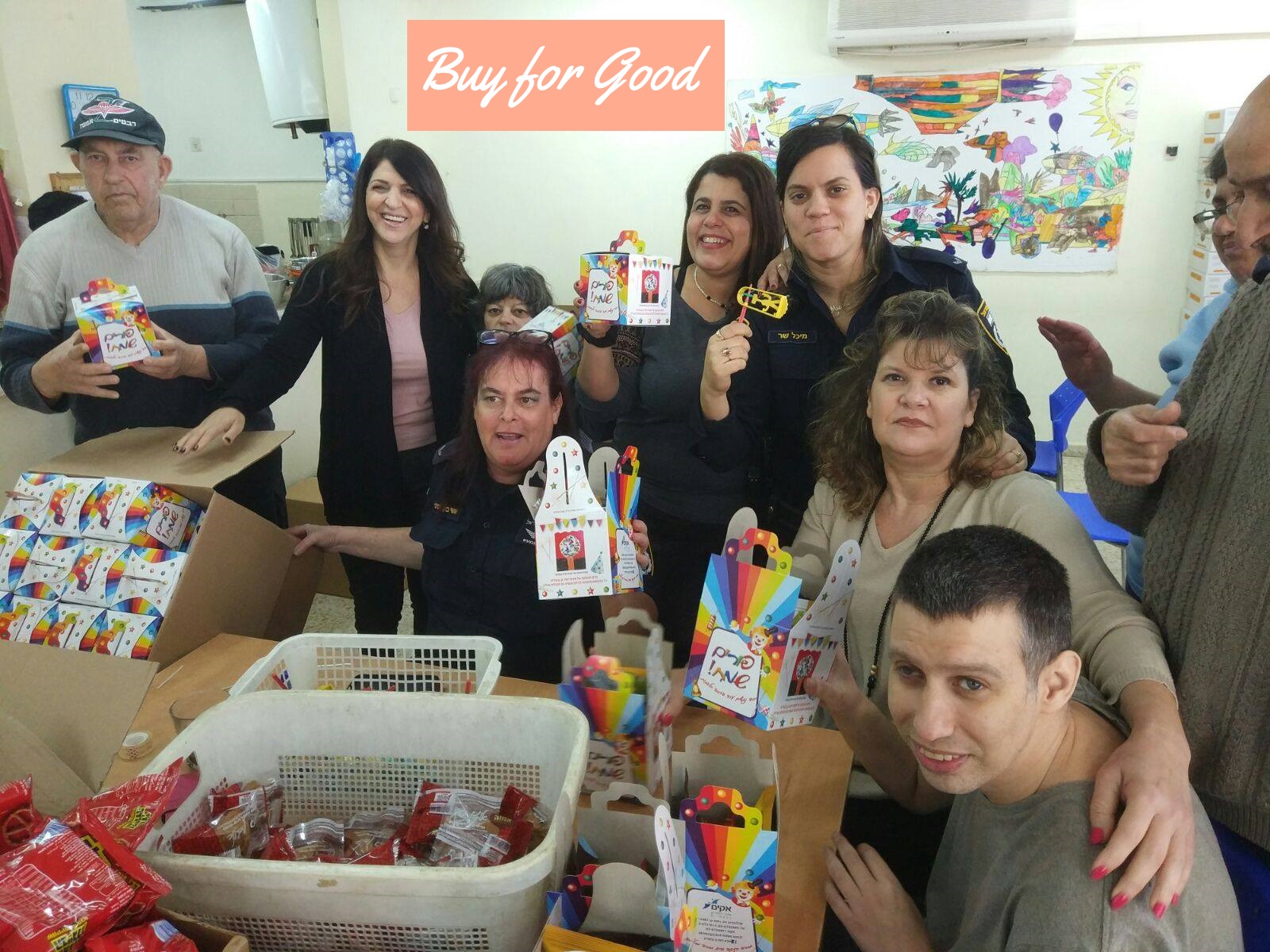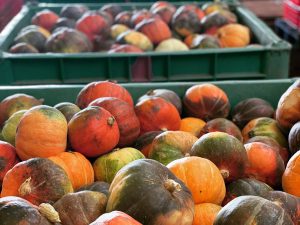Reduced Inequalities


Home » Reduced Inequalities » SDG 10- Buy for Good – Economic Empowerment of People with Disabilities
SDG 10- Buy for Good – Economic Empowerment of People with Disabilities
If the highest form of charity is to give someone their independence, then Buy for Good must be the most charitable organization out there. Yuval Arbel had a vision whereby every person with a disability would be employed at a job he or she could be proud of, that allowed them to bring home a salary to their families (many of them live with their parents) and give them equal opportunities in the marketplace.
“I feel that buying and using social-impact products can change people’s attitude and perception toward people with disabilities and will allow more people to see them as a contributing productive part of society,” Arbel says.
Arbel’s vision-come-true is BuyforGood.biz, an online store for social impact products made in Israel. All of the products are made by adults and children with disabilities or from underprivileged communities in Israel through educational and vocational programs. Buy for Good believes in encouraging talent, perseverance and the human spirit. The store cooperates with non-profit organizations that provide a suitable environment to build confidence, grow self-esteem, celebrate achievements and see people with disabilities live as equals.


This is exactly what the UN’s sustainable development goal number 10 — Reduced Inequalities — is all about. Target 10.2 specifically speaks of empowering the social, economic and political inclusion of all, irrespective of “age, sex, disability, race, ethnicity, origin, religion or economic or other status.” Buy for Good empowers those with disabilities to be productive members of society.
Before Buy for Good came on the scene in 2016, many persons with disabilities were working in vocational training centers, developing skills for entering vocational programs to match their talents and aspirations. For many it was a first step toward entering a work-oriented environment. These vocational centers were run smoothly by nonprofit organizations in Israel; however, a majority of their production was only for the local market, which did not bring in enough of a profit.
With Buy for Good, Yuval Arbel made a pledge not only to help the workers but to help the vocational centers as well. Buy for Good extends the nonprofit reach, develops new markets for them and connects them with Israel supporters around the world who can buy these products on the website. The sales of the products generate income both for the centers as well as for the people who made them – a win-win all around.
A manager of one of the vocational centers gushes, “They arrive in the morning smiling… Work gives them a feeling of belonging…It also gives them a chance to create, express themselves in new ways and feel they are just like any other person who goes to work. Knowing people are buying the products they made not only benefits them financially, but more importantly it empowers them and strengthens their self-esteem.”


Getting to the real questions on everyone’s mind: What kinds of products do they make? Would I want to buy them? The answers are unequivocally yes and yes. From judaica to children’s toys and games, desk clocks and lamps, tableware, baby gifts, jewellery, wearables, candles, wall-decor, bags…you name it, every item is unique, beautiful and competitively priced.
Browsing the site is as unique as the products themselves. It is not your ordinary online shopping experience. In addition to being able to shop by category, shoppers can also shop “by impact”, selecting products made by at-risk youth, human trafficking victims, persons with disabilities or by refugee women. One can also browse eco-friendly products or products that empower women.
Another shopping option on the website is shopping “by partner”, the partners being the non-profit organizations that employ the artists. Many of the partners provide a short description of the non-profit: what skill they teach their students, as well as the purpose of the program. For many of these organizations, their ultimate goal is to build motivation and self-esteem while establishing career pathways and integrating their students into the job market. Not only do they foster social impact via Buy for Good, but they establish financial independence for their students as well.
For example, when you click on “Yofi Shel Matana” you will find several colorful items such as drink coasters, pot pads, mouse pads and aprons emblazoned with a beautiful mosaic design. These were printed with the creation of Israeli artist David Ashkenazi, who happens to have Down Syndrome.
But we have already said too much. Seeing is believing: Visit BuyforGood.biz and start shopping!
Related articles


SDG 10 – Israel Celebrates Social Equality Heroes at 75
Reduced Inequalities Once again that season is upon us, when Israel annually marks an additional year of independence by celebrating those citizens dedicated to advancing


SDG 10 – Social Equality Continuity
Reduced Inequalities We take pride in offering perspective on challenging issues re social impact in Israel. So dealing with headlines that recent election results will


SDG 10-Equal Opportunity for Arab Israelis – Part 2
Reduced Inequalities Updated: November 2020 Part one of this series on the status of equality for Israel’s Arab community following the 2015 adoption of a


















